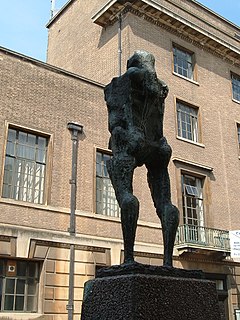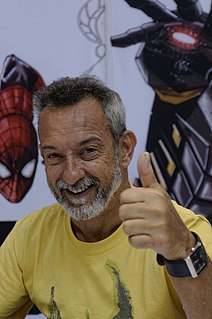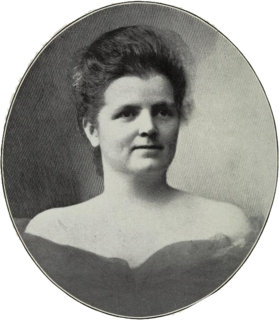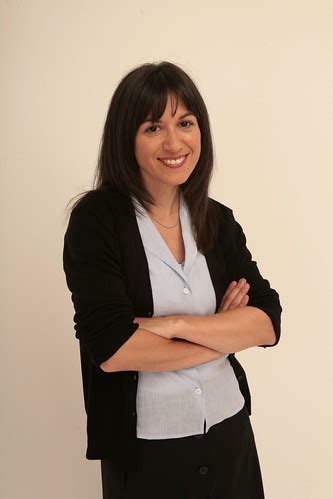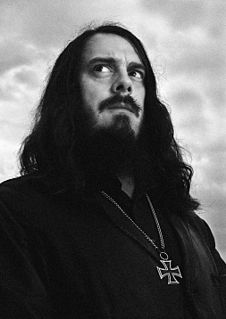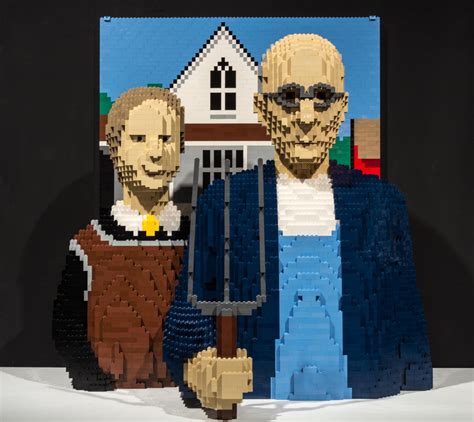A Quote by Michael Ayrton
Certainly, the history of my life and the works of art which have especially enriched it is precisely that: the depiction or incantation of a handful of metaphors whose spendour rests upon their intonation.
Related Quotes
When you write, it’s like braiding your hair. Taking a handful of coarse unruly strands and attempting to bring them unity. Your fingers have still not perfected the task. Some of the braids are long, others are short. Some are thick, others are thin. Some are heavy. Others are light. Like the diverse women of your family. Those whose fables and metaphors, whose similes and soliloquies, whose diction and je ne sais quoi daily slip into your survival soup, by way of their fingers.
To a person uninstructed in natural history, his country or sea-side stroll is a walk through a gallery filled with wonderful works of art, nine-tenths of which have their faces turned to the wall. Teach him something of natural history, and you place in his hands a catalogue of those which are worth turning around. Surely our innocent pleasures are not so abundant in this life, that we can afford to despise this or any other source of them.
Jonathan Meese is not interested in the history of reality. Everything radical and precisely graphic is sustainable. Human ideologies like religions and politics are based on the past and therefore irrelevant to art. Art always transforms radicalism of the past into the future. Art is always the total time machine. Jonathan Meese is interested in the history of the future. Art is never nostalgic.
